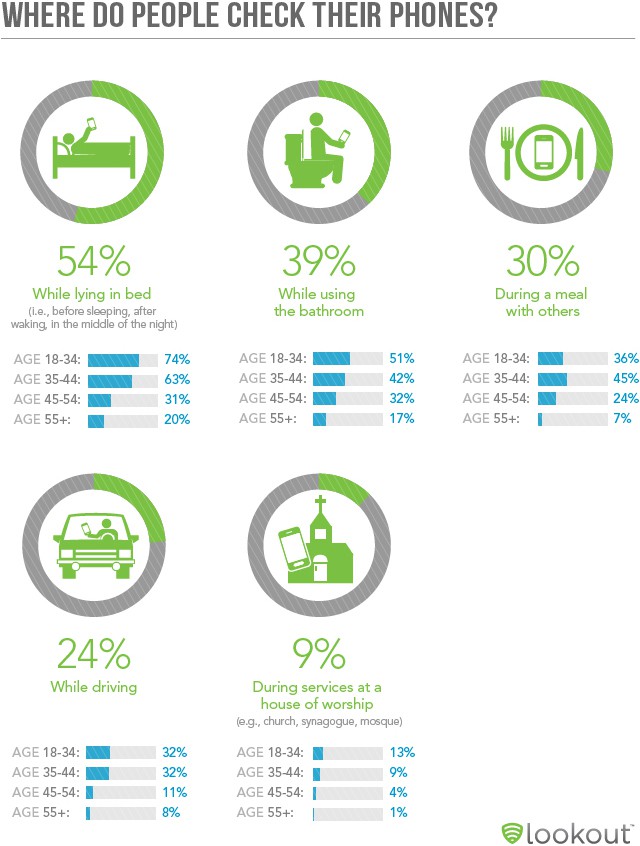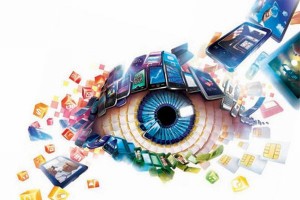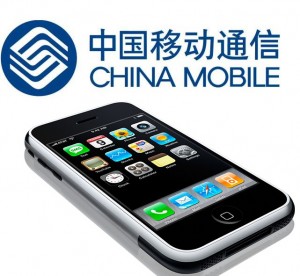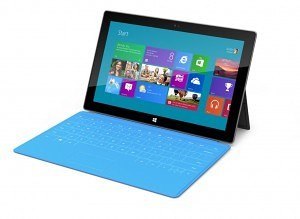At the recent WWDC Conference, Apple introduced a new feature for iOS 6, Passbook. Instead of having an app for your Starbucks card, an app for your movie tickets, and so on, Passbook will organize all of your coupons, loyalty cards, and tickets in one app. What does Passbook mean for the market? In the short term, Passbook is focusing on user-friendliness and small business owners. Its full effect may not materialize immediately, but Passbook has the potential to replace almost everything in your wallet and to create a more efficient marketplace.
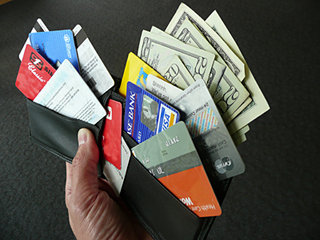
Passbook will live up to Apple’s reputation for user-friendly products because of its integration into already-existing iPhone features: the lock screen, notifications, calendars, and reminders. When you enter the proximity of a Passbook-friendly store, Passbook will send you a notification on your lock screen, informing you of nearby deals. This ensures you can’t miss out on a discount. Passbook will also sync with calendar and reminders, pulling up your tickets when you have a movie or flight. Interweaving Passbook with preexisting iPhone features will make it easier for iPhone carriers to grow accustomed to Passbook.
On Quora.com, a recent article suggested that Passbook’s first targets will be the loyalty of small businesses and startups. These businesses can use Passbook as an advertising conduit. By enabling Passbook for their stores, payments will be easier, and customers will receive coupons and deal notifications on their devices. For those willing to incorporate it into their business plans, Passbook will provide the extra boost small companies need to compete with larger companies. Apple continues to put loyalty as a high priority. Passbook will make small businesses loyal to Apple as iOS has made developers loyal to Apple.
A recent article on Gizmodo details some of the changes Passbook will make to the marketplace. When you go to a theater, you no longer need to worry about losing your small ticket stub or picking up tickets. Passbook will hold your ticket for you and will send you a notification when you are close to the theater so you can scan the ticket easily. The article also talks about Passbook as your boarding pass for your flights with real-time updates on delays and gate changes. Passbook’s ability to bring up coupons and rewards cards in close proximity to stores is another feature not mentioned in the article. You’ll never forget your CVS, Starbucks, Dunkin’ Rewards, or any other card again because Passbook organizes them all and activates them when necessary.

These features will all arrive with iOS 6, which is scheduled to come out this fall. While these features will undoubtedly change the way we purchase goods, what are the limits of this new technology? Could it eventually replace wallets altogether? Instead of carrying around a wallet, filled to the brim with cards and cash, we may eventually just have an iPhone equipped with Passbook. Keep in mind that Apple has 400 million credit cards on file in iTunes, meaning Apple’s exclusion of a payment system in the release is a conscious decision to focus more on user experience rather than an all-encompassing payments system. Just another thing that makes an iPhone, an iPhone.




